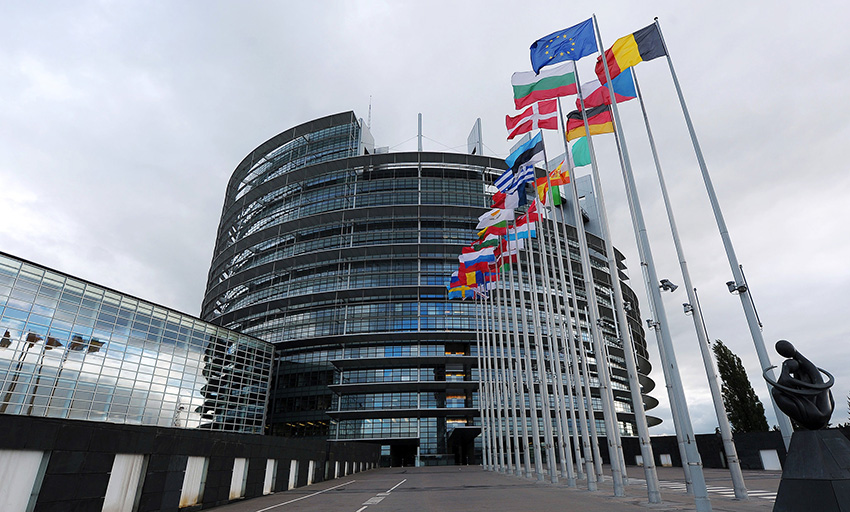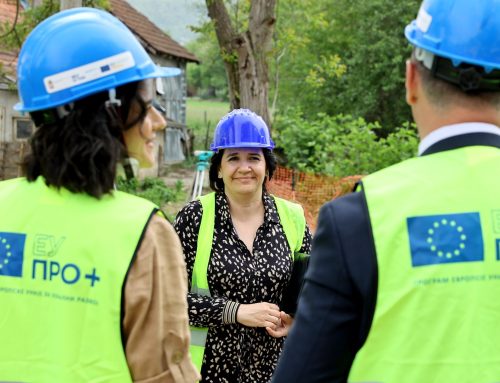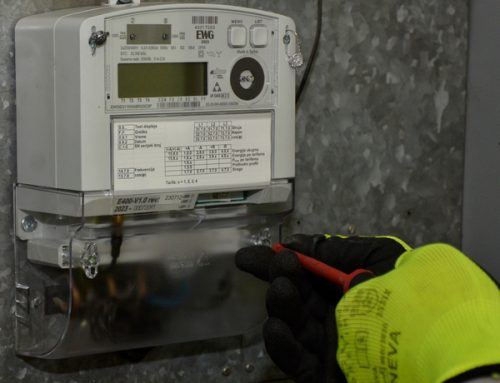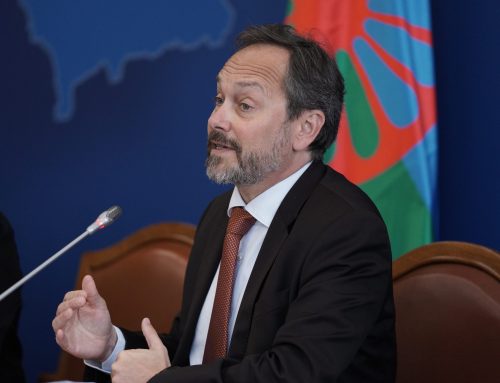In June 2017, the European Parliament is to vote on a motion for a resolution on Serbia’s 2016 country report. It acknowledges Serbia’s progress with EU accession talks and its rigorous reform agenda, and highlights that dialogue with Pristina and ‘rule of law’ reforms remain areas for priority action.
Background
In 2014, Serbia formally started accession talks with the EU. Its negotiating framework defines progress under rule of law Chapters 23 and 24, and Chapter 35 on the normalisation of relations with Kosovo as key for the pace of its accession talks. These and five more chapters are currently open, while two are provisionally closed.
Work on the EU-mediated dialogue between Belgrade and Pristina is ongoing; there has been some success, but implementing past agreements has generally been slow and obstructed. A recent train incident between Belgrade and Pristina and a non-binding resolution of the Kosovo Assembly, protesting the arrest of a former prime minister in France on Serbian war crime charges and calling for suspension of the dialogue, have spurred new tensions. Serbia’s accession process is, however, tied to good bilateral relations in the region, and the EU urges it to continue the dialogue with Pristina and overcome frictions with other neighbours.
2016 European Commission report
The 2016 report, received in Serbia as fairly ‘realistic and good’, commended the well-organised April 2016 elections, the new government’s confirmed commitment to EU accession and dialogue with Pristina, the ongoing political and economic reforms, and Serbia’s constructive regional role and approach to the migration crisis.
The report highlighted the country’s economic progress, improved economic indicators and growth. Despite the overall good tone, however, it revealed concerns in a number of areas. Reforming the judiciary remains a priority, the objective being to tackle political influence and improve the judiciary’s quality and efficiency. Adopting a law on free legal aid and amending related constitutional provisions are other pending tasks. The fight against corruption and organised crime has not yielded ‘meaningful results’ and needs to be stepped up. A track record of effective investigations, prosecutions and convictions in (high-level) corruption cases is also required.
The media environment is seen as not conducive to the full exercise of freedom of expression and needs to be significantly improved. Other areas in need of improvement include protection of minorities, giving civil society a stronger role in the accession process, and progressive alignment with the EU’s foreign policy positions in future, including as regards Russia.
European Parliament position
In its motion for a resolution on the 2016 report, the EP Committee on Foreign Affairs (AFET) regrets the disrupted presentation of the report in the Serbian Parliament, but commends Serbia’s overall well-prepared approach to negotiations.
AFET stresses that further efforts in the areas of rule of law, democracy, human rights and the normalisation of relations with Kosovo remain key for Serbia’s EU bid. AFET is concerned about the frequent use of urgent procedures in adopting legislation, the state of media freedom and the political influence on the judiciary. It urges Serbia to step up its anti-corruption measures, better involve civil society in the accession process, fully cooperate with the International Criminal Tribunal for the former Yugoslavia and align further with the EU’s foreign policy positions. AFET commends Serbia’s constructive approach to the migration crisis and underlines that good neighbourly relations remain crucial for the accession process.




